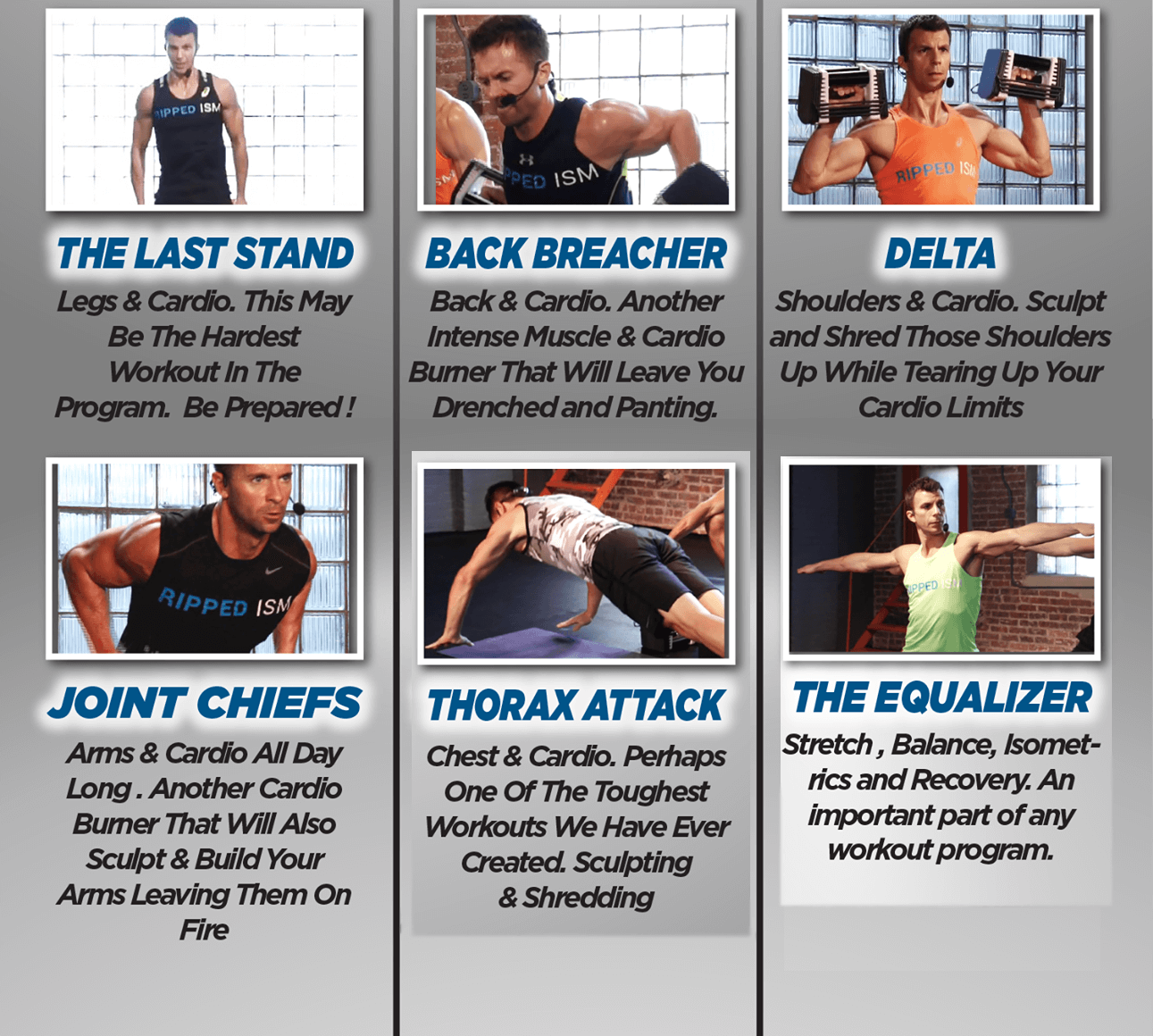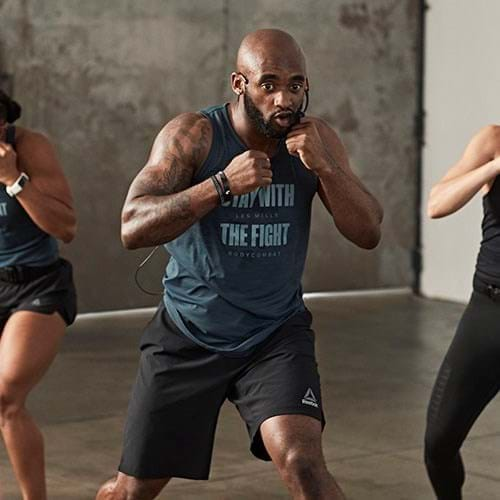
When choosing the best pair of shoes for men to work out in, there are some things you should consider. It is crucial to choose shoes for strength training and power jumping. You'll be able to enjoy solid traction and stability as well as lateral support.
Cross-training footwear provides solid traction
Cross-training shoes are for men that provide solid traction and support for various exercises. They are typically wide, with a broader toe box. They offer better support in lateral movements, than running shoes. Running shoes usually have a flat tread that offers little traction. Most people run straight ahead. A cross-training shoe's sole is usually stiff, although some models include a medial split.
Some cross-training shoes for men offer additional support for the ankle. On Cloud X's extra-wide toe box helps athletes grip the floors with their toes. These shoes also have a t-shaped pattern of traction.
Gym shoes provide stability
Men's gym shoes must provide stability but also flexibility to allow for proper foot function. The best gym shoes also offer adequate cushioning and grip. Try them on to get a feel for how they feel. The prices are indicated by dollars signs. A lower price means that the product is cheaper, and a greater one indicates that it is more expensive.

Shoes for gym should be able to withstand different surfaces and provide good traction. For example, certain gym shoes can be designed for flat surfaces and others for more flexibility.
Cross-training shoes provide lateral support
Cross-training footwear for men is a great choice for any workout that requires strength and lateral support. They can be worn every day in the gym and are very comfortable. The low-profile design allows the user to move freely and without any interference with their ankles. The shoes are suited for a variety of activities including gym work, cycling, and evening jogs. They are also made for a tight fit to prevent slipping.
Cross-training shoes are different than weightlifting shoes. They are an excellent choice for those who train three- to five times per week. They can also be used to commute to and from the gym. Cross-training shoes should be purchased based on how frequently and how hard they will be used. For those who plan to use their cross-training shoes regularly for workouts, you will want to choose shoes with larger toe box.
Cross-training shoes can be lightweight
Consider the features that are most important for you when shopping for cross-training footwear. You might want a light shoe with excellent shock absorption and cushioning. Consider what type of workouts you will be using the shoes for. Shoes that are lightweight, such as minimalist models, can be used for cross-training but also for everyday use.
Cross-training shoes should be comfortable and lightweight for any activity, such as lifting weights or practicing agility drills. You should also expect them to provide stability and support. Some cross-training shoes even come with performance bootie technology, which adapts to your foot's unique contours.

Comfortable shoes for cross training are available
Cross-training shoes are lightweight shoes made specifically for men that are flexible, comfortable, and supportive. They come in a variety of styles and are great for running and any other form of cross-training. They are also very breathable and can be worn daily. The breathable mesh lets air flow through, while the firm midsole gives support.
Cross-training footwear is the best choice if you are into multi-tasking exercises. These versatile shoes can handle everything from jogging to bodyweight exercises to box jumps. But because they're versatile, it's essential to choose the right pair, as not all pairs are made equal.
FAQ
Is it possible to look too thin?
Yes! Both being underweight and having an eating disorder can be dangerous. It isn't normal to be smaller than your recommended height. It is possible to feel tired, weak or dizzy and may experience other signs that you are underweight.
Are there any exercises I should not do?
Before you begin any new exercise regimen, make sure to check with your doctor. You may have injuries or other medical conditions that prohibit you from exercising in certain ways. You may also need special equipment or training for certain activities. Swimming, for instance, requires both a swimsuit as well as access to the pool.
What effects does caffeine have on my sleep patterns?
Caffeine can affect how quickly you fall asleep, and how well you sleep. Caffeine causes drowsiness, which makes falling asleep easier. But caffeine keeps you awake longer, making it harder to fall asleep again. You should not drink energy drinks or coffee right before bed.
How can I get started in fitness?
Start small! Try taking 10 minutes each day to walk around the block. This will show you how to move and give your muscles the time to adjust. You can then add more steps into your daily exercise routine once you have learned this simple form.
Statistics
- One study showed that adults who watch more than 4 hours of television daily had an 80% higher risk of death from cardiovascular disease. (heart.org)
- Physical activity confers the following maternal and fetal health benefits: a decreased risk of pre-eclampsia, gestational hypertension, gestational diabetes (for example, 30% reduction in risk) (who.int)
- Globally, 28% of adults aged 18 and over were not active enough in 2016 (men 23% and women 32%). (who.int)
- According to the Centers for Disease Control and Prevention, chronic diseases cause 7 out of 10 deaths in the U.S., and treating chronic diseases accounts for 86% of U.S. healthcare costs. (mana.md)
External Links
How To
How to Lose Belly Fats More Fast
Belly Fat is usually seen as a problem when we want to lose weight. However, Belly Fat can be beneficial if you really think about it. It is the fat in your stomach that protects your organs. Let's now see how to quickly lose belly fat.
Lack of exercise and stress are the main reasons we store body fat. The cortisol hormone stimulates stress which makes us hungry. Cortisol is responsible for an increase in insulin levels. The excess calories are stored as fat by insulin. Lack of sleep causes the release of adrenaline into our system, leading to increased appetite. Exercise helps to break down these extra calories.
There are many ways you can reduce belly fat. Depending on your budget, you can try each one. Here are some quick tips to get rid of belly weight.
-
Try to eat less food. Instead of eating three large meals a day, eat smaller meals. This will help you consume less calories.
-
Drink lots of water. Water flushes out toxins in your body and helps you stay hydrated. You won't overeat if you drink water before you eat.
-
Avoid snack foods that are unhealthy. If you're looking for quick fixes, snack foods like chips, cookies, candies, etc. This might be tempting. Avoid these unhealthy treats. They are full of empty calories, too much sugar, and can be very fattening. Instead, opt for healthy alternatives such as fruits, vegetables and whole grains.
-
Strength training should be performed at least 3 times per week. Strength training builds muscle mass which burns more calories even while resting. Strengthening your bones, muscles as well ligaments, joints, tendons, heart and lungs.
-
Regularly walk or stretch. Stretching increases flexibility and mobility. It also reduces back pain. Walking is a great way of burning calories, especially when you do it for just 30 minutes.
-
Reduce alcohol intake. Alcohol adds empty calories to your diet and has no nutritional value whatsoever.
-
Slowly lose weight. To lose weight, the first step is to determine what your current weight. Next, calculate your ideal weight by adding between 5% and 10% to your total body weight. Once you have reached your target weight, begin decreasing your daily calories intake by 500-1 000 calories until you reach your goal.
-
Avoid processed food. These foods have high amounts of salt, sugar, and preservatives. While processed foods can be convenient, they don't offer enough nutrients to ensure your health.
-
Don't skip breakfast! Consuming breakfast increases concentration, memory and energy levels. Breakfast should contain protein (like eggs), fibre (like oats), as well as complex carbohydrates (like oatmeal).
-
Have regular bowel movements. Constipation and irregularity can cause gas and bloating. Increase your fiber intake and drink lots of water.